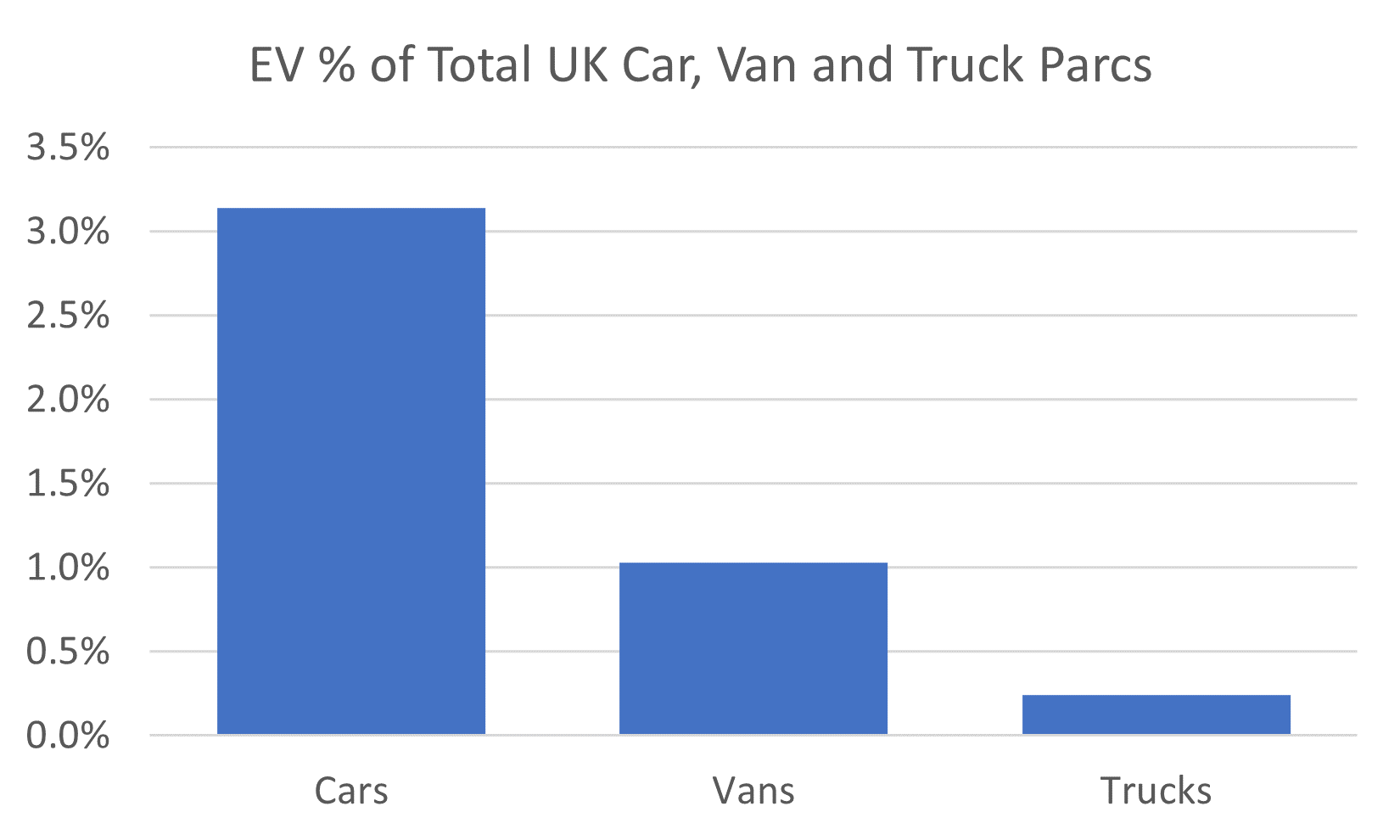Time to zero in on aviation
India has experienced double-digit growth in air passenger traffic over the decade prior to COVID-19 and, as such, has become the third-largest aviation market in the world. This much-welcomed growth, which has seen an average of 23.5 million passengers added to the skies every year, has unfortunately also been accompanied by increasing emissions of carbon and other Green House Gases (GHG). Indian scheduled airlines themselves are producing close to 20 million tons of CO2 per year, according to the Directorate General of Civil Aviation (DGCA), contributing roughly 1% of India’s total GHG emissions.
As an indispensable mode of transport and economic lifeline, aviation in India is set to grow even further on the back of the geographic spread of economic activity, a growing middle-class population, and increasing disposable income. The sector is forecast to grow at 6.2% per annum between 2020 to 2040, one of the fastest rates among the world’s major economies, according to Airbus.
This high growth for the sector will self-evidently lead to a rise in emissions. At COP26 in Glasgow, India committed to achieving Net Zero by 2070. With growing awareness of climate change and the need for sustainable development, decoupling emissions growth from economic growth will likely become a key theme across all high-growth sectors, including aviation. It is, therefore, time to act and promptly pursue policies needed to reach net zero carbon emissions in aviation by 2050, which is the commitment of the International Air Transport Association (IATA). Sustainable aviation fuel (SAF) could play a big part in this.
What is sustainable aviation fuel?
The challenge is to reduce aviation sector emissions without constraining economic growth. With airlines contributing over 90% of total GHG emissions in aviation, more efficient engines, increased operational efficiencies, and the use of low-carbon fuel alternatives are some of the avenues being explored in India and other parts of the world as part of meeting this urgent challenge.
In this context, Sustainable Aviation Fuel (SAF) has emerged as one of the credible short to medium-term solutions. SAF, which is chemically similar to fossil-derived kerosene aviation fuel, is produced from a range of sustainable sources from biomass residues using different processes (there are nine approved pathways to date as per ICAO) and can be blended with conventional fossil jet fuel. Some of the most popular pathways include:
- Hydroprocessing Esters and Fatty Acids (HEFA): Uses hydrogen in refining a range of vegetable oils and fats to turn into jet-range fuel.
- Gas-FT: The first pathway approved by the American Society for Testing and Materials (ASTM) involves the conversion of synthesis gas into liquid fuel.
- Alcohol-to-Jet (AtJ): Uses alcohol (ethanol and iso-butanol) to produce alternative jet fuel through the removal of oxygen.
- Power-to-Liquids (PtL): Uses green hydrogen from renewable electricity and water to develop synthetically produced liquid hydrocarbons from CO2 captured from industrial activities or direct air capture.
Unlike other solutions, such as hydrogen-powered or electric aircraft, which require significant technological and infrastructure advances over a long development lead time (to around 2035-2040) and are suitable only for shorter routes, SAF has some significant advantages. It is a “drop-in” fuel that can be mixed with traditional jet fuel without requiring any changes in the aircraft or fuel-related infrastructure and is suitable for both short-haul and long-haul flights. Depending upon the feedstock and process, it can reduce carbon emissions by up to 85% as compared to fossil jet fuel over the life cycle of fuel, including production, distribution, transportation, and combustion, although the true net impact on emissions depends on many factors (such as the potential alternative uses of the land used for growing the feedstock).
At the same time, there is no silver bullet for decarbonising the sector. The use of SAF from biological sources cannot remove all emissions, while PtLs are extremely expensive, so SAF is likely to be supplemented by some offsetting. However, given the pressing need for the aviation industry to reduce its carbon footprint, SAF is expected to be the viable approach in the short to medium term. According to IATA, SAF is expected to play the largest role in aviation decarbonisation, up to 65% in achieving a net zero target for Aviation by 2050. Any delay in its adoption will only escalate the offsetting requirements through other means, which still have a long way to go.
Hurdles in the pathway of SAF’s increased adoption
Sector stakeholders, such as airlines, airport operators, and fuel suppliers, have made some initial moves towards accelerating SAF adoption. This includes operating test flights with a blend of SAF and aviation turbine fuel, collaborating with research agencies for research and development (R&D), selecting suitable pathways for SAF production, and conducting studies to evaluate the demand, challenges, and opportunities of supply and infrastructure. From Steer’s conversations with industry, we understand that private players in India are selecting their pathways to SAF production. At the same time, Indian Oil, through its R&D efforts, has already shortlisted four pathways for SAF production (HEFA, AtJ, Gas-FT, and PtL). A prominent private player in India has selected AtJ.
However, amidst this welcome progress, the missing vision in terms of government-mandated SAF targets has, to some extent, held back industry players from making serious commitments towards SAF production and use. There is currently a strong mismatch in the rate of SAF production and the industry’s needs, and feedstock availability is a key challenge in SAF adoption across all markets. Success will lie in the right selection of suitable feedstocks, which would effectively reduce lifetime GHG emissions and ensure the scaling up of SAF production.
For example, crop-based feedstocks can result not only in deforestation but also in competition with food, which is why, in many quarters, they are not considered genuinely sustainable. There is no single feedstock which will be feasible in every geography; therefore, the pathways will be different in different parts of the world. India itself is rich in agricultural land and has its own unique challenges and opportunities. It has a massive production capacity of ethanol at around seven billion litres and witnesses huge volumes of post-harvest crop residue every year, both of which are suitable candidates for SAF production. Subsequently, in India, the identification of a suitable feedstock, along with its supply chain, would go a long way in achieving the success of SAF. Related to this is another hurdle; the production cost of SAF is higher than that of jet fuel, putting SAF’s demand at risk, especially when there is no regulatory ask for airlines to fulfil minimum prescribed levels for SAF. In a nutshell, technological unreadiness, high costs, pathways uncertainty, and limited availability of feedstock deter the scaling up of biofuels in India.
Cognizant of this, the Indian government has taken some measures to kickstart the domestic SAF industry. The National Biofuel Policy is aimed towards ensuring the availability of biofuels from indigenous feedstocks and reinforcing ongoing ethanol supplies through increased production – it sets a target of 20% blending of ethanol in petrol. Depending on the biofuel, there are financial incentives in the form of tax credits, Viability Gap Funding (VGF), and financial assistance. The government has also laid out its intentions to minimise the adverse environmental impacts of civil aviation activities, using levers such as subscribing to the Carbon Offsetting and Reduction Scheme for International Aviation (CORSIA) for international flights. As per this scheme, the airlines will be required to compensate for their emissions for all international flights above the CORSIA Baseline, which is 85% of 2019 emissions. These offsetting requirements will be applicable for Indian operators from 2027 onwards, which would mandate the Indian operators to offset their emissions for a given compliance period. Further, the government is contemplating a mandate of 1% SAF use for domestic airlines by 2025. But these measures fall short of allaying the fears of concerned stakeholders around the certainty of SAF availability in future and addressing the hurdles mentioned before.
SAF policy around the world
Globally, some major economies have adopted a proactive approach in defining their vision and roadmap to decarbonise the aviation sector in line with set target timelines. The UK has identified SAF to be a key lever; as per provisional statistics, 26 million litres were supplied in the UK in 2022, a figure which is rapidly increasing. It is set to introduce a SAF mandate in 2025, requiring that by 2030, at least 10% of jet fuel should be SAF. This sends a strong signal to investors about the government’s confidence in this technology and its future. Further to this, the UK is assessing feedstock availability in the coming years in order to strike the right balance between its ambitious targets and market readiness to set SAF mandates. Alongside bridging the price gap between SAF and conventional jet fuel, it has made the SAF mandate eligible for the corresponding reduction in UK Emissions Trading Scheme (ETS) obligations. This ‘cap and trade’ scheme obliges companies to buy and sell carbon allowance per tonne of CO2 produced per year, those that reduce their emissions can then sell their allowances to more polluting companies.
Likewise, the EU's SAF mandate would be applicable from 2025 with at least 2% SAF adoption, increasing in five-year intervals to eventually reach a minimum target of 63% by 2050. Using a different approach, the US aims to achieve a minimum of 50% reduction in GHG emissions through SAF. The country has set SAF production targets of close to 11 billion litres per year by 2030, dovetailed with funding opportunities for SAF projects, production scale, and SAF tax credits instead of mandating usage. One common thread across all these economies is the policy push from the government, either on minimum usage or production of SAF.
As a result of governments’ push for SAF adoption, multiple airlines have proactively started planning for SAF procurement in advance. For instance, following the mandates for the European market, the Hungarian airline Wizz Air has invested in a biofuel company which converts sewage sludge into SAF. Similarly, other developments include United Airlines forming a Joint Venture (Blue Blade Energy) to develop SAF using ethanol, Delta Airlines and DG Fuels getting into a partnership, and Shell Oil partnering with multiple operators to push SAF’s development. These early moves are intended to expedite investment in SAF R&D towards different pathways and provide a strong base for the airlines to achieve the requisite availability of SAF by the time mandates kick in. Such encouraging partnerships from the primary stakeholders could prove extremely beneficial to India.
Opportunity for India to demonstrate leadership in Sustainable Aviation
Given the global context, India is uniquely placed in terms of its air traffic base and location. While the other economies are still trying to get back to pre-pandemic traffic levels, India has already surpassed those numbers. This is despite the temporary grounding of Go First and, according to West Asia, spikes in airfares of up to 41% between pre and post-COVID. These developments show the robustness of India’s aviation market and resilience towards rising airfares. Further, IndiGo, India’s largest airline by traffic volume, has placed an order for 500 Airbus aircraft (the largest ever order by an airline) at the Paris Air Show 2023. Therefore, looking at the size of its local aviation market and poised growth for both domestic and international sectors, in the coming years, India will have a huge captive demand for SAF and an ability to sustain higher fares with its adoption.
There is also an opportunity for India to serve international carriers. Airlines, especially those flying from Europe, prefer not to carry extra fuel to avoid unwanted carbon emissions caused by tankering. S&P Global Commodity Insights found that there is a slower offtake of SAF in Asia, which is mainly due to a lack of government intervention compared to other regions. It is, therefore, a good time for India to take advantage of this opportunity, leverage its resources, and establish itself as a regional leader in the production, consumption, and supply of SAF. This would promote the government’s vision of establishing India as an international hub in the region and reducing its dependence on fuel imports, thus, progressing towards AatmaNirbhar Bharat (the vision of Prime Minister Narendra Modi of making India a self-reliant nation). India has been a forerunner in its E20 (petrol blended with 20% ethanol) targets for 2025-26, of which half were already met last year. With large levels of feedstock availability and offtake potential, India may be well placed to show leadership on SAF both regionally and globally.
To take SAF forward from this point to the levels of full commercialisation will require continued investment in R&D. Moreover, this needs to be de-risked for the private sector by public sector intervention, providing confidence around the certainty of SAF’s future and commercial support. In order to emerge as a major SAF producer in the region, India should immediately take the following steps to address SAF-related supply and demand side hurdles, which take advantage of measures adopted in other countries and tailor them to the Indian context.
- Develop a long-term regulatory and comprehensive policy framework – SAF mandate and targets for different time frames.
- Formulate investment support mechanisms – a financial incentive program to encourage R&D investments in the identification of best feedstock(s) and pathway(s) relevant for India. For the initial years, the government may also look at a Production Linked Incentive (PLI) scheme to give a push to domestic production.
- Align CORSIA offsetting reduction with SAF adoption – credits for SAF use, which can be used to offset CORSIA/ international requirements.
- Promote partnerships among airlines, airports, and fuel manufacturers – offer tax benefits and ease of doing business to encourage these partnerships, which would drive the supply of SAF.
- Build institutional strength – to standardise the monitoring and reporting of carbon emissions and fast-track SAF-related interactions between the government and private sector.
These measures would support the transition towards SAF production and adoption in India, close the gap and enable India not just to grow sustainably but also sustain its growth in emerging as an aviation leader.
Sustainable Aviation Fuel has emerged as one of the credible short to medium-term solutions, which is expected to play the largest role in aviation decarbonisation.



 At Steer, we use cartography as a key communication tool alongside signage to tell the story of a place and to invite visitors and local users to explore an area.
At Steer, we use cartography as a key communication tool alongside signage to tell the story of a place and to invite visitors and local users to explore an area.
